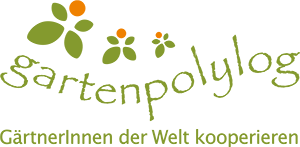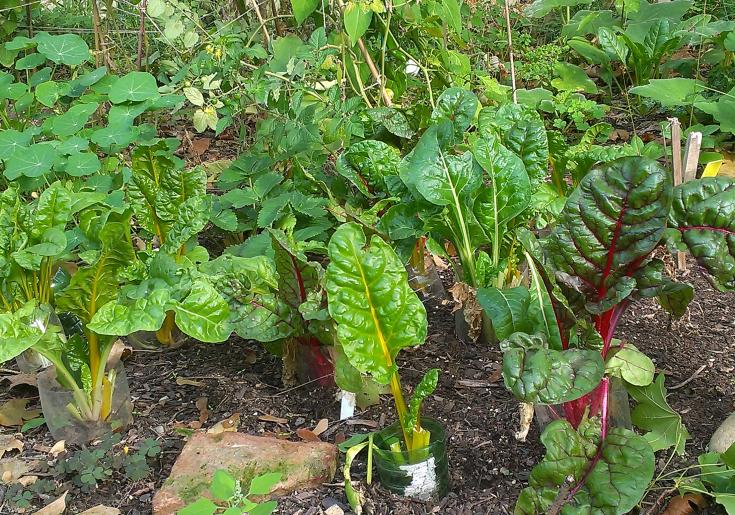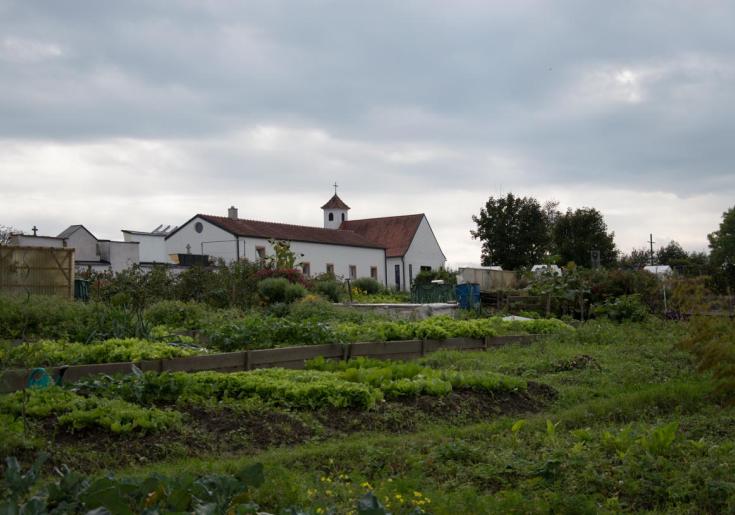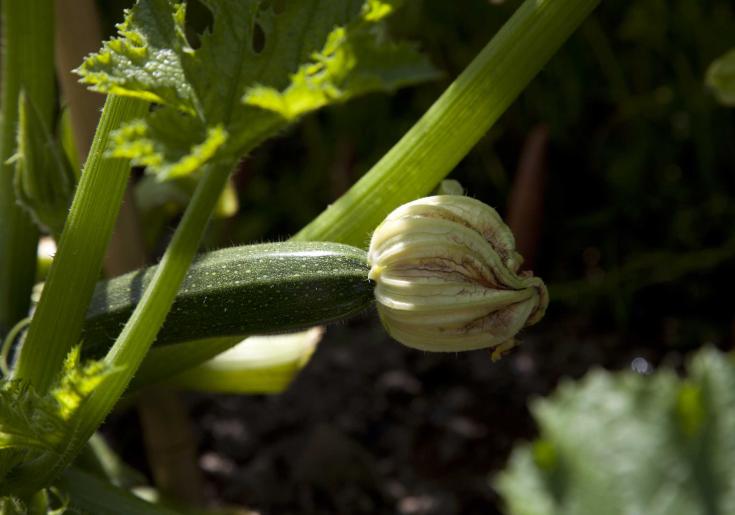"Our Goal is not to grow food for the whole world. It‘s to grow really good food for 175 families!“ (Csa-Milkwood)
Community Supported Agriculture (CSA; also known as Solidarity Agriculture Projects, or SOLAs) is primarily characterized by an alternative production and marketing concept. It involves an economic arrangement between a group of consumers and a producer, where a farmer (i.e. the producer) is assured remuneration for their food production activities. CSAs exist in rural, urban, and suburban areas. You can find solidarity agricultural projects throughout Austria on our garden map.
Via contracts and interactions between producers and consumers, CSAs facilitate:
- Participation opportunities for consumers
- Ecologically-sound growing practices
- Support of regional agriculture
- Promotion of knowledge about agriculture
- Mutual support & promotion of social relationships
- Elimination of much food packaging material (and energy)
In CSA projects, the members (i.e. the consumers) have contracts with the producers. At the beginning of the year, consumers declare themselves willing to buy a certain amount of food. Thus, the producers know at the beginning of the year how much should be produced. Payment often happens through pre-financing at the beginning of the year or in installments. Production costs are estimated based on the producer’s experience and divided among the members. The farmer can tailor the production directly to the consumers’ needs, so there is less risk of overproduction. The producer’s financial security allows for conscientious, careful planning and production. Special crops and rarities can also be marketed profitably.
The distribution of food depends on the type of product. Seasonal vegetables are usually distributed to members on a weekly basis. Within CSAs focused on animal husbandry, consumers often request specific amounts of meat at the beginning of the year, and meat is provided incrementally and accordingly. The products, whether vegetables or meat, are either picked up directly at the farm or delivered to distribution stations. There, the consumers either get pre-sorted shares of the harvest, or are able to pick and choose certain volumes of the harvest themselves.
The close relationship between consumers and producers enables direct feedback on the products. Furthermore, it’s possible to get insight into production processes or - in some cases - even to participate in them. Through workshops at the farm and regular communication, the farmers' knowledge can be shared with the consumers. As a rule, CSAs are organic, although not all of them are certified organic. The economic structures of solidarity-based agricultural projects enable a regional or local supply economy based on mutual support and trust.
Partly taken from this recommended brochure:
CSA-Konzept für KonsumentInnen / CSA-Konzept für ProduzentInnen
Also of note:



